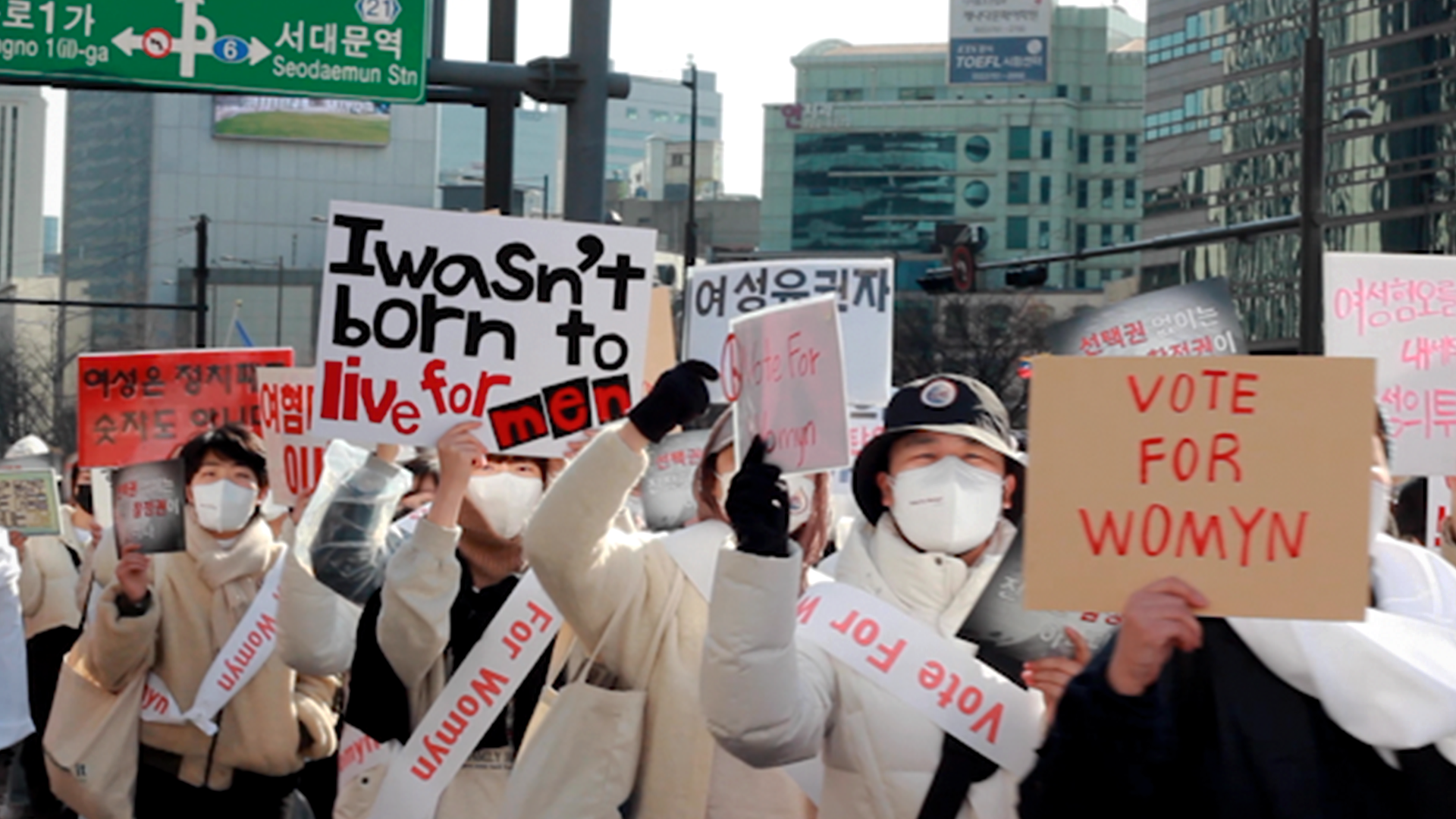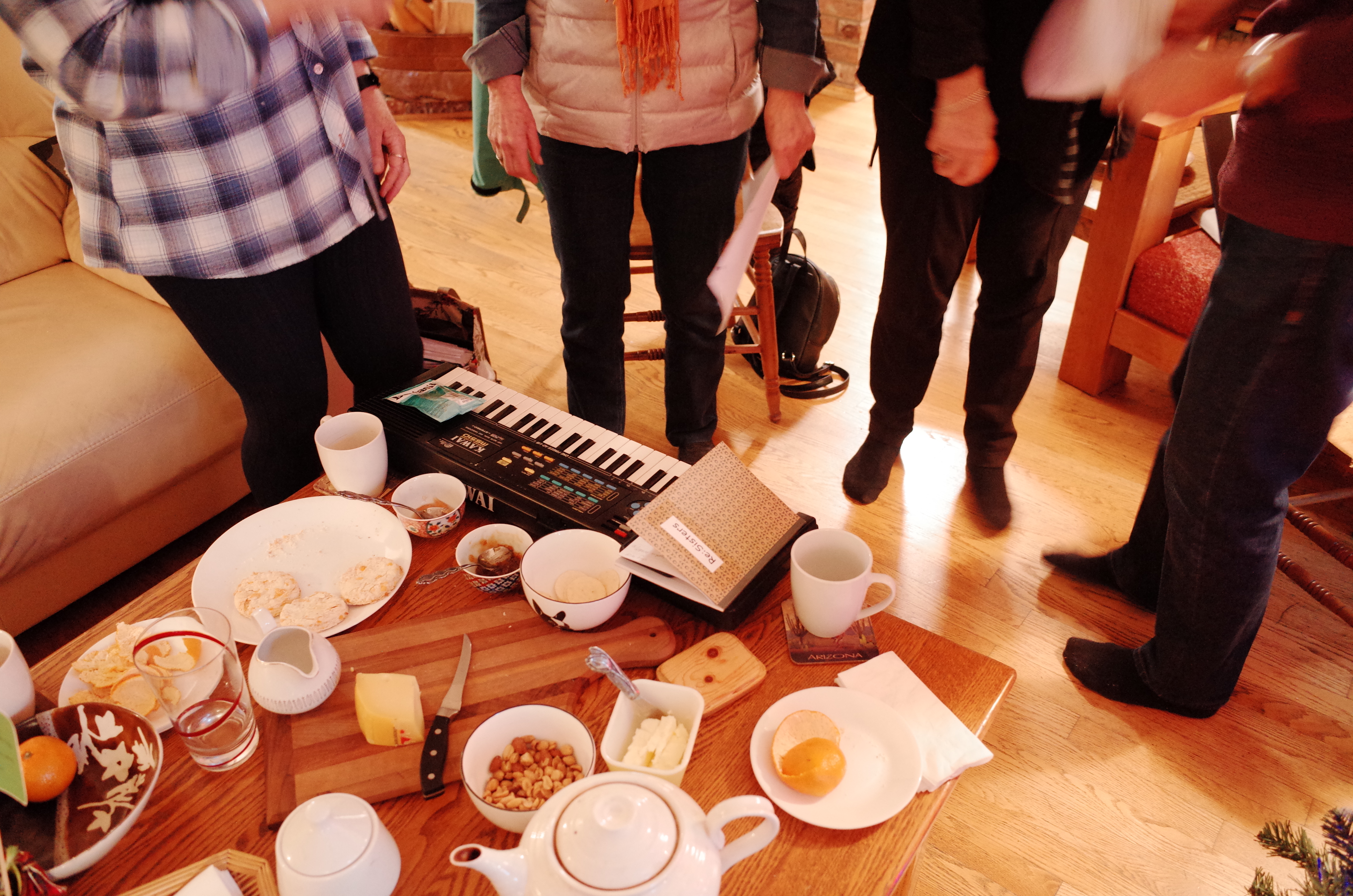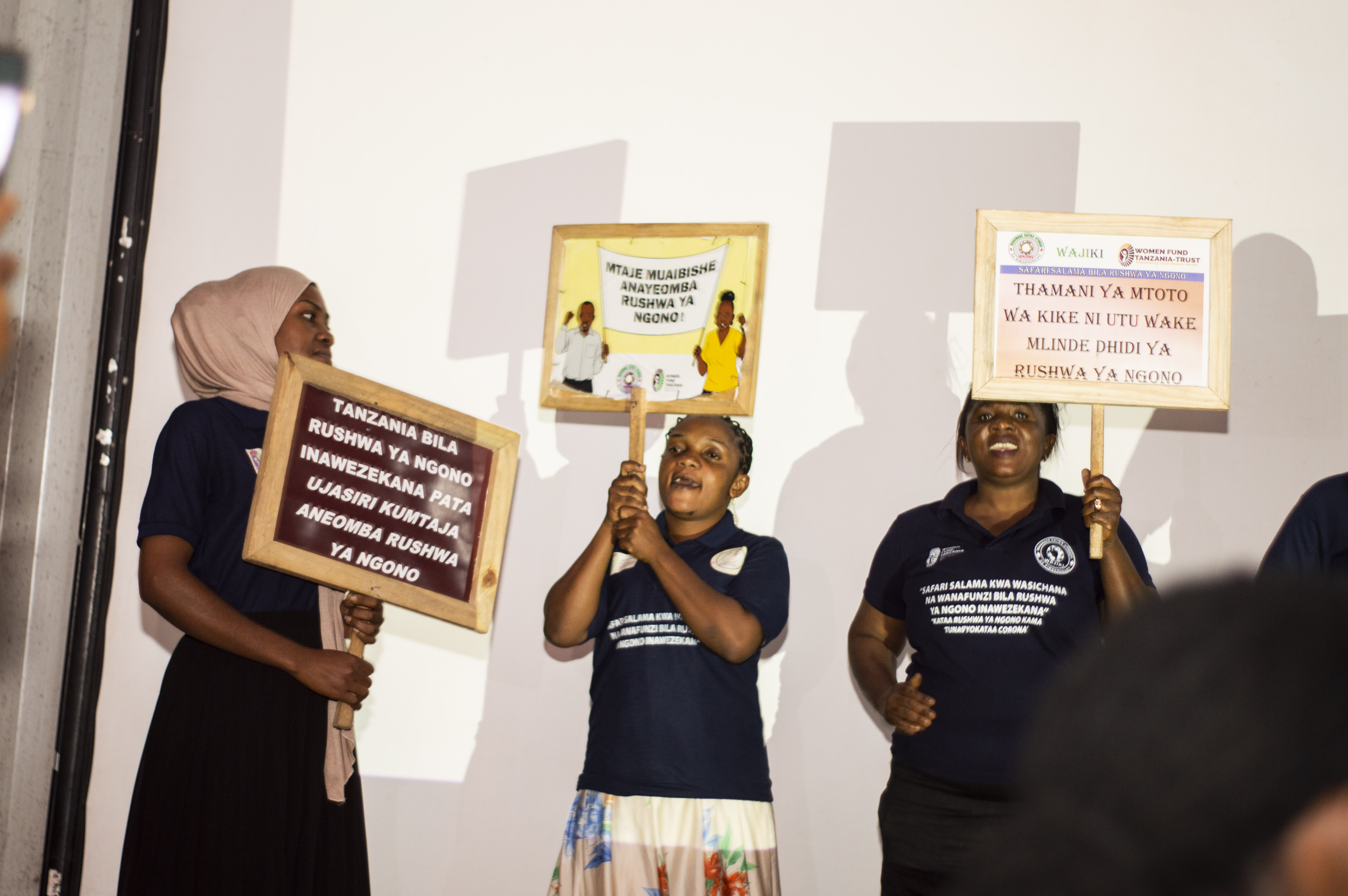an archive . a mixtape . an audio (visual) exploration of our gendered soundscapes
with the help of dear friends and distant strangers, we explore gendered soundscapes, sound practices, and sound studies of the world — forging threads of connection between (gendered) existences and resistances ︎︎︎
featured works
kungkwang-ing women
namesake (re:sisters)
the great interruptor
︎︎︎
#fieldrecording #lecture #soundstudy
kungkwang-ing women
ini lee transports listeners to protests led by women in south korea in an exploration of how sound manifests, witnesses, represents, and/or masks violence against the female body.
___
from seoul, SOUTH KOREA
___
from seoul, SOUTH KOREA
I. Overview

II. Timeline (audio layers)
00:00 – 01:44 Women’s protest recording (“Uncomfortable Courage 2nd protest” Official chanting, full version)
01:46 – 02:45 Lecture recording (opening)
02:46 – 04:10 Women’s protest recording (“Do you Hear People Sing?,” edited version)
04:11 – 15:57 Lecture recording (continued) Kungkwang sound (sound effect)
11:08 – 11:25 Kungkwang sound (sound effect)
15:58 – 16:06 Women’s protest recording (official slogan chanting) English trans. “Uncomfortable courage changes the world!”
16:06 – 18:52 Lecture recording (closing)
18:53 – 19:18 Women’s protest recording (chanting, closing comment) English trans. “Did you voice out enough? (Yes!) I hope our voice resonates loudly from Gwanghwamun, so everyone could finally hear us.”
III. Sound Source & Credit
Lecture recording (recorded by Jeongin Lee, presentation style) Fieldwork recording (recorded by Jeongin Lee, summer 2018)
IV. References
Ahrens, Courtney E. 2006. “Being Silenced: The Impact of Negative Social Reactions on the Disclosure of Rape.” American Journal of Community Psychology 38(3-4): 263-274.
Alexander, Jeffery C., Ron Eyerman, Bernard Giesen, Neil J. Smelser, Piotr Sztompka. 2004. Cultural Trauma and Collective Identity. Berkeley: University of California Press.
Bohlman, Andrea F. 2016. “Solidarity, Song, and the Sound Document.” The Journal of Musicology 33(2): 232-269.
David, Emmanuel. 2008. “Cultural Trauma, Memory, and Gendered Collective Action: The Case of Women of the Storm Following Hurricane Katrina.” NWSA Journal 20(3): 138-162.
Eyerman, Ron and Andrew Jamison. 1998. Music and Social Movements: Mobilizing Traditions in the Twentieth Century. Cambridge: Cambridge University Press.
Fast, Susan and Kip Pegley, eds. 2012. Music, Politics, and Violence. Connecticut: Wesleyan University Press.
V. Complementary Materials
“Women’s Song” Performance at the 4th Protest (full version) (https://youtu.be/zAIfLWrdNRo)
see more at the Official Uncomfortable Courage YouTube channel https://www.youtube.com/channel/UChHhNhxOSqnLU6CwR0Gnf5A/featured
#performance #dialogue #soundpractice
namesake (re:sisters)
“i will a fierce warrior be, ‘til not another woman dies. i can and will fight. i can and will a warrior be. it is my nature and my duty. it is the womanhood in me.”
canada’s west coast ‘re:sisters’ use music as their means to resist and challenge patriarchy, often ‘zippering’ their own lyrics onto traditional folk melodies.

___
The first email subject line with ‘sisters’, and the next thread was ‘re:sisters’, so we became the ‘re:sisters’
sisterhood, again
about sisters.
resisting.
We wanted to explore both songs written by women and about the experiences of women in the world and their resistance and struggle for social justice and equality.
When we were in a labour chorus, we had to follow suit. But we wanted to do it our way.
Our songs are like stories... people remember the song and in remembering the song they remember the stories, and the message. In the labour movement there are a lot of speeches and talking heads. When you have someone singing something though, it goes straight to your heart.
Even if women have on paper more equality now than we did when we started struggling, they still feel a hole. Theres something their experience that’s validated by the songs that we sing, and they feel comfort in this. And we think that’s important in dark times, that people feel comforted to keep struggling as opposed to giving up.
___
from vancouver, CANADA
gertrude malizana and collaborator jesse gerard join WAJIKI in their advocacy efforts through which they assert music ‘can help break the silence, can create conversations and lead into places that affect change’
#fieldrecording #soundpractice
the great interruptor

